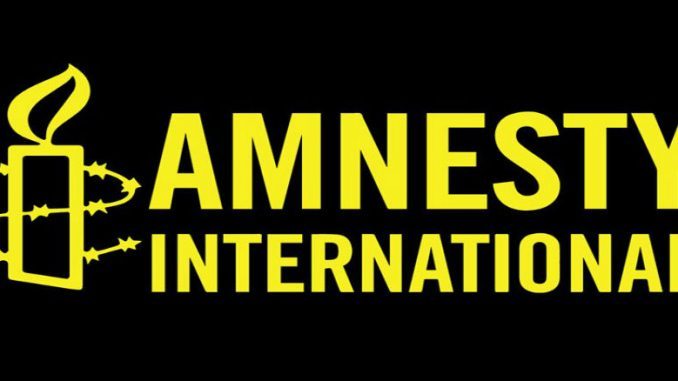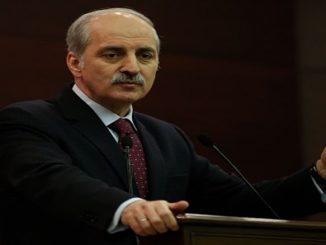
Rights group calls Egypt an ‘open-air prison’ for critics and calls on the Egyptian government to release people held for peacefully expressing opinions.
In a new campaign launched by Amnesty International on Thursday, titled Egypt, an Open-Air Prison for Critics, Amnesty said that Egyptians are living in a time of “unprecedented severity” amid a government crackdown on freedom of expression.
Since December 2017, the rights group has documented at least 111 individuals who have been arrested by the National Security Services for criticising Egyptian President Abdel Fattah al-Sisi and the general human rights situation in Egypt.
“It is currently more dangerous to criticise the government in Egypt than at any time in the country’s recent history,” Najia Bounaim, Amnesty’s North Africa Campaigns Director, said in a statement.
“Egyptians living under President Sisi are treated as criminals simply for peacefully expressing their opinions,” she said.
Bounaim called the security services “ruthless” in their suppression of independent political, social or cultural spaces.
“These measures, more extreme than anything seen in former President Hosni Mubarak’s repressive 30-year-rule, have turned Egypt into an open-air prison for critics.”
There was no immediate comment from the Egyptian government on the Amnesty statement, but Cairo authorities have a track record of indignantly dismissing criticism of the country’s human rights record as fabrications.
It routinely accuses advocacy groups like Amnesty or Human Rights Watch of being unprofessional or tools in the hands of Egypt’s enemies.
Egypt, the Arab world’s most populous nation with some 100 million, has launched a massive crackdown on dissent in the five years since the military removal of a freely elected but divisive Islamist president, Mohamed Morsi.
The government has since arrested thousands of his supporters along with secular activists, placed the media under tight control and suppressed freedoms.
Egypt has recently adopted a law that empowers the state’s top media regulatory agency to use the “fake news” label to shut down social media accounts with more than 5,000 followers, without having to obtain a court order. Another new law allows blocking websites with content deemed a threat to national security.
Egyptian measures to silence peaceful voices has prompted hundreds of activists and opposition members to leave the country to avoid arbitrary detention, the rights group said. Journalists, opposition members, artists, comics, and football fans have all been jailed for speaking up under vaguely defined laws.
“Despite these unprecedented challenges to freedom of expression, and despite the fear which has become a part of daily life, many Egyptians continue to peacefully challenge these restrictions, risking their freedom in the process,” Bounaim said.
Amnesty International’s Statement:
Egypt: An Open Air Prison for Critics
The crackdown on freedom of expression under Egypt’s Abdel Fattah al-Sisi has reached its worst ever level in recent memory with its unprecedented severity.
The Egyptian authorities are using absurd reasons to imprison critics under the pretext of “counter-terrorism.”
It is currently more dangerous to criticize the government in Egypt than at any time in the country’s recent history. Egyptians living under President al-Sisi are treated as criminals simply for peacefully express their views. The security services have been unrelenting in their closure of any remaining political or social or even cultural independent spaces. These measures have tuned Egypt into an open-air prison for critics.
Over the course of 2018, Egyptian authorities have arrested at least 111 individuals for absurd reasons, including satire, tweeting, supporting football clubs denouncing sexual harassment, editing movies, doing interviews, giving interviews, and even for doing nothing. The authorities are accusing them of “membership in terrorist groups” and of “disseminating false news”. The authorities have been keeping them detained without trial for months, and for those who faced trial, they were sentenced by a military court.



